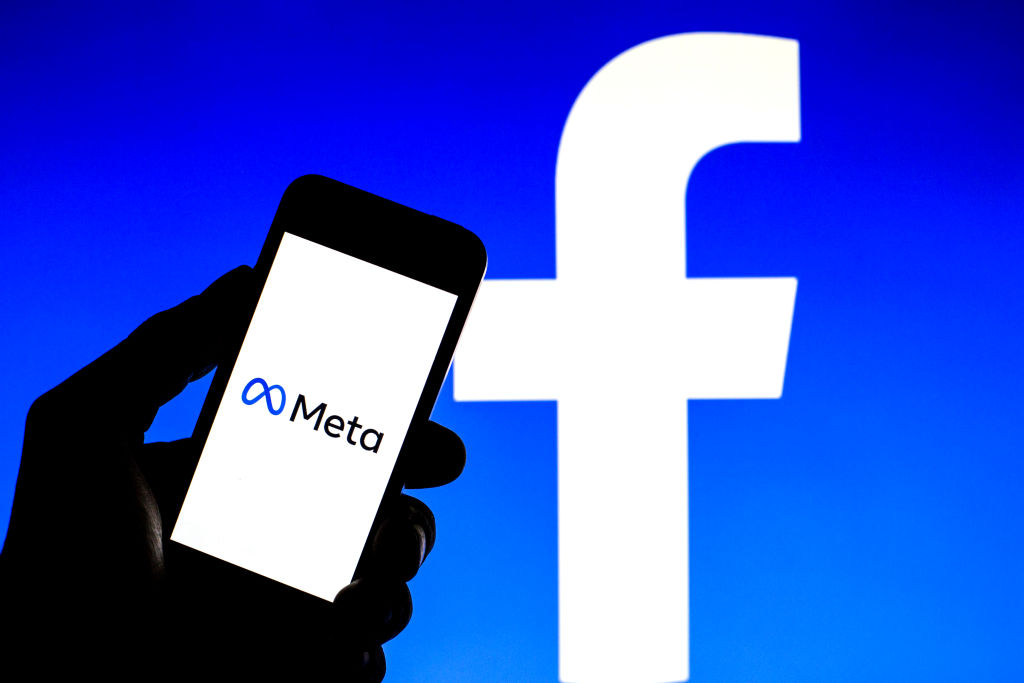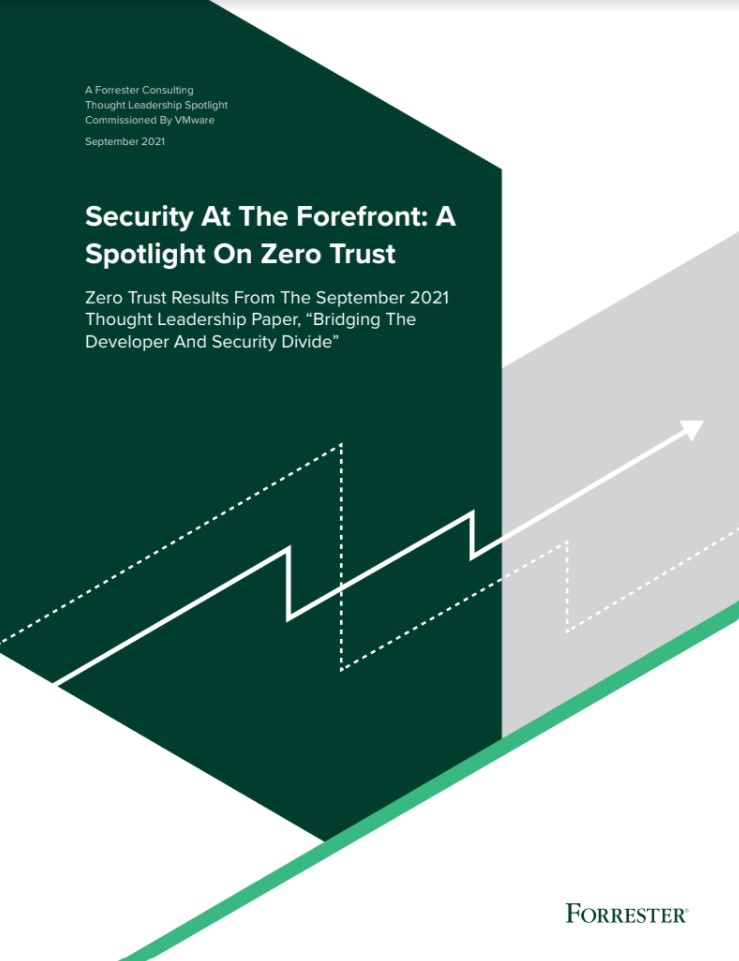Meta files lawsuit to uncover hackers targeting Facebook, WhatsApp
The company is seeking $500,000 from the unnamed threat actors that ran phishing scam on its platforms


Meta, the company formerly known as Facebook, has announced that it has taken legal action against hackers that used phishing attacks in an attempt to trick Facebook, WhatsApp, and Instagram users into sharing their login details.
The tech giant has filed a federal lawsuit in the state of California which aims to “seek records to uncover the identities” of the threat actors taking part in the phishing campaign, which involved the creation of more than 39,000 fake Meta-owned websites since 2019.
The fake websites prompted people to enter their usernames and passwords, allowing the hackers to access and take control of the accounts.
The hackers are also accused of using relay service Ngrok to redirect internet traffic from Meta’s infrastructure, as well as conceal their actions and identities.
In a statement, Meta’s director of Platform Enforcement and Litigation, Jessica Romero, announced that the lawsuit is “one more step” in the company’s “ongoing efforts to protect people’s safety and privacy, send a clear message to those trying to abuse our platform, and increase accountability of those who abuse technology”.
“We will also continue to collaborate with online hosting and service providers to identify and disrupt phishing attacks as they occur. We proactively block and report instances of abuse to the hosting and security community, domain name registrars, privacy/proxy services, and others. And Meta blocks and shares phishing URLs so other platforms can also block them,” she said.
RELATED RESOURCE

Meta stated that, since March 2021, “when the volume of these attacks increased”, the company managed to “suspend thousands of URLs to the phishing websites”.
Sign up today and you will receive a free copy of our Future Focus 2025 report - the leading guidance on AI, cybersecurity and other IT challenges as per 700+ senior executives
With the newly-filed lawsuit, it’s now seeking to recover “the greater of their actual damages” or $500,000 (£377,472.50).
The news comes weeks after Google launched legal action against a group of Russian hackers in what it claimed was the world’s first lawsuit against a blockchain-enabled botnet. The document only names two Russian nationals whose identities are known – Dmitry Starovikov and Alexander Filippov – but also includes 15 anonymous accomplices who are all believed to be based in Russia.
Having only graduated from City University in 2019, Sabina has already demonstrated her abilities as a keen writer and effective journalist. Currently a content writer for Drapers, Sabina spent a number of years writing for ITPro, specialising in networking and telecommunications, as well as charting the efforts of technology companies to improve their inclusion and diversity strategies, a topic close to her heart.
Sabina has also held a number of editorial roles at Harper's Bazaar, Cube Collective, and HighClouds.
-
 Hackers are using LLMs to generate malicious JavaScript in real time
Hackers are using LLMs to generate malicious JavaScript in real timeNews Defenders advised to use runtime behavioral analysis to detect and block malicious activity at the point of execution, directly within the browser
-
 Developers in India are "catching up fast" on AI-generated coding
Developers in India are "catching up fast" on AI-generated codingNews Developers in the United States are leading the world in AI coding practices, at least for now
